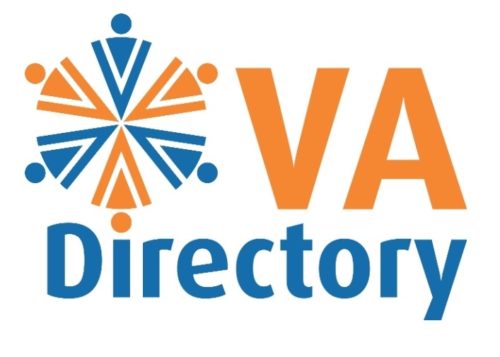 I had a conversation recently with someone relating to internet merchant facilities. During the course of the conversation he kept using in-house terminology which didn’t really mean much to me at all. I had to remind him, more than once, that he’s speaking a language that his industry might understand but the client wouldn’t, and I am a client. He apologised and made an effort to use language I would understand. We finally came to an understanding of what I need to do to get something working the way I wanted it to.
I had a conversation recently with someone relating to internet merchant facilities. During the course of the conversation he kept using in-house terminology which didn’t really mean much to me at all. I had to remind him, more than once, that he’s speaking a language that his industry might understand but the client wouldn’t, and I am a client. He apologised and made an effort to use language I would understand. We finally came to an understanding of what I need to do to get something working the way I wanted it to.
When we are responding via email, or conversing via Skype or phone, or some other method, it is REALLY important that we resort to terminology and language that the client would understand.
Every industry develops its own language and also acronyms but it’s not appropriate to use these when in conversation with a prospective client, unless we’ve educated them as to the meanings of those words or acronyms. Otherwise we leave ourselves open to making a client disgruntled and ourselves misunderstood.
When explaining how something works use simple language that even a child can understand. Don’t leave it to chance.

Mary H Ruth says
Good points, Kathie!
Similarly, I recently bought a piece of digital equipment, but had to pick through the 100-mile-an-hour patter of the salesman, full of lingo, poorly articulated, and far too glib for the uninitiated. He’d certainly have lost the sale, except my strong intention was to buy, whatever obstacles the brand put before me. I should have given him a friendly tip, as you did.
Receptionist Service says
All good points.
When talking to a potential customer you should always revert to the lowest common denominator i.e. assume nothing about the customer and speak to ythem as they were tackling your product/service for the first time. Explain everything clearly and simply, but be listen to the customer and let them lead. If they begin to use technical language then match it or they may become frustrated with you.